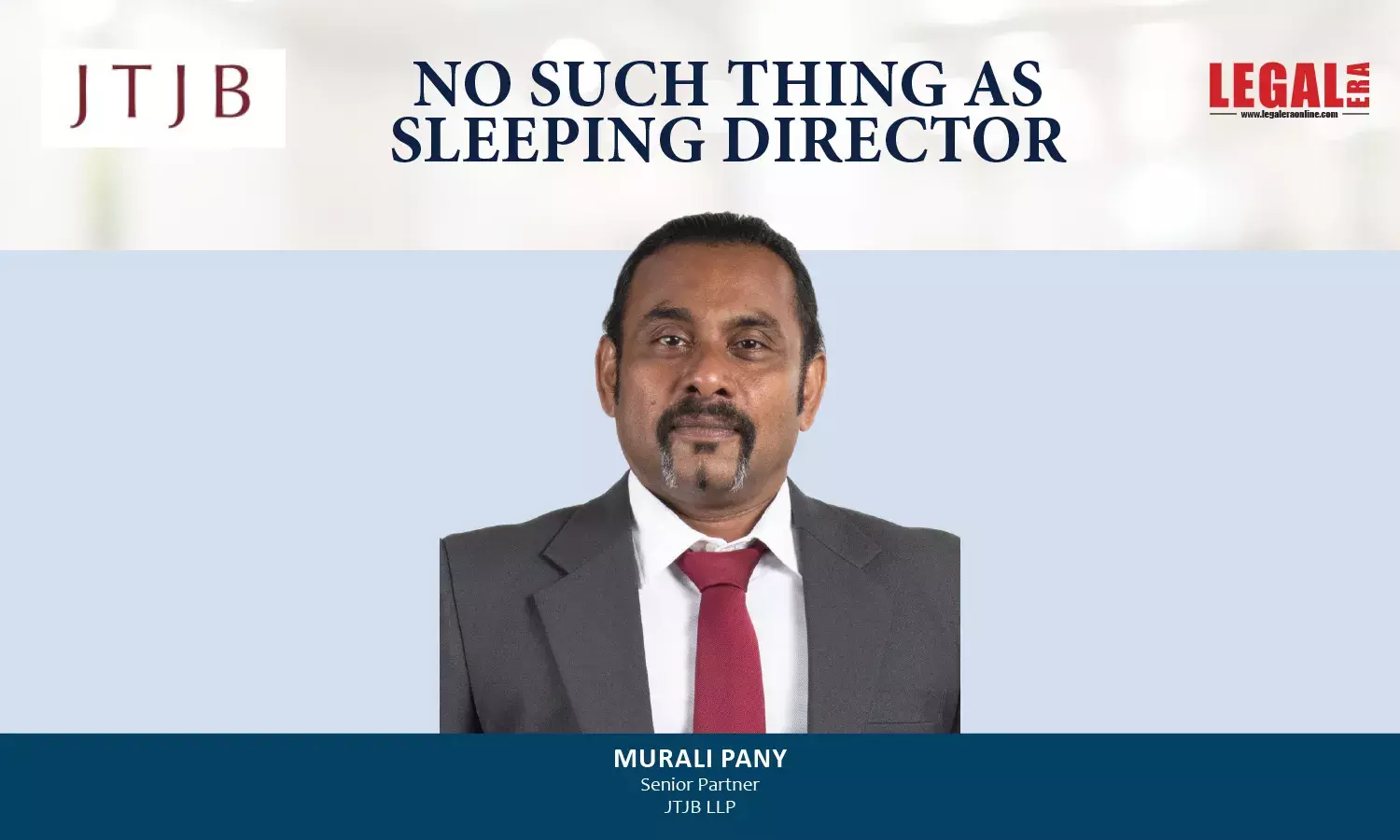No Such Thing As Sleeping Director

No Such Thing As Sleeping Director
Singapore law does not make any distinction between active and inactive directors. Inactive directors will be held to the same standard as active or executive directors
It is not uncommon to hear of directors of companies being referred to as nominee, sleeping or non-executive directors (collectively “inactive directors”). Are such directors held to the same standard as active or executive directors?
In two recent cases, the Singapore Courts have provided a salutary reminder that the law does not make any distinction between active and inactive directors.
Overview
A director has two overarching duties to the company. First, fiduciary duties and second, duties of care, skill and diligence.
A director’s fiduciary duties to the company can be simplified into the following elements:
- the duty to act honestly and in good faith in the best interests of the company;
- the duty not to exercise his powers for an improper purpose such as to profit personally from his office; and
- the duty not to place himself in a position which will result in a conflict of interest.
The duty to act with due care, skill and diligence is a related but conceptually distinct duty owed by directors to their company. It is not a fiduciary duty because it is not imposed to exact loyalty from a director. Instead, it relates to the standard of care and diligence expected of a director that is assessed objectively.
The BIT Baltic Case1
BIT Baltic Investment & Trading Pte Ltd (in compulsory liquidation) (“BIT Baltic”) brought a claim against its former director, Mr Wee See Boon (“Mr Wee”) for damages in respect of breaches of fiduciary duties and duties of care, skill and diligence. The directors of BIT Baltic, at all material times, were Mr Wee (who described himself as “a nominee director of [BIT Baltic], and a person of limited means”) and two foreign nationals, Mr Peter Christian Harren (“Mr Harren”) and Dr Martin Harren (“Dr Harren”). BIT Baltic’s claim centred around unfair preference payments (the “Payments”) that were made to two other entities known as HARPA Services & Support GmbH & Co. KG (“HARPA”) and HPS International Holding GmbH (“HPS”). Dr Harren was a director of HARPA and HPS at the material time.

The Decision
At the first instance, the High Court (“HC”) dismissed BLT Baltic’s claim. The HC held that while the Payments were unfair preference payments, Mr Wee had a limited role in BIT Baltic and as a result, did not breach his fiduciary duties or his duty to exercise due care, skill and diligence in relation to the Payments.
However, on appeal, the Singapore Court of Appeal (“CA”) reversed the factual finding of the HC and held that Mr Wee played a material role in BIT Baltic’s operations. While the CA held that Mr Wee did not breach his fiduciary duties, it found that he had breached his duty to act with care, skill and diligence in relation to the Payments. At that material time, Mr Wee’s duty, as a director acting in the best interests of BIT Baltic, was to have taken the necessary steps to enquire about the related party transactions declared in the financial statements and to alert other directors to the wrongful payment and to request them to take steps to recover the payments.
The IPP Case2
Inter-Pacific Petroleum Pte Ltd (“IPP”), a company in insolvent liquidation, brought claims against its director, Dr Goh Jin Hian, for various breaches of duty on his part as a director of IPP.
IPP, which was in the fuel oil cargo and bunkering business, had been used as a vehicle of fraud by its other directors and officers. This fraud entailed IPP borrowing large sums from banks on the pretence of financing commercial transactions which were shams. As these transactions were shams, the assets the purchase of which the banks had purportedly financed were, in fact, non-existent.
IPP sought compensation from Dr Goh in the sum of US$146,047,099.60 being its liability to repay the banks for the loans taken.
The Decision
IPP’s case was essentially that Dr Goh had been asleep at the wheel as a director; he was not properly aware of IPP’s business, failed to recognise red flags and failed to take the steps required of him under the law to apprise himself of IPP’s affairs and to monitor the same.
The Court agreed with IPP and found that Dr Goh had breached his duty of skill, care and diligence owed to IPP. Thus, he was liable for the loss suffered by IPP.
Crucially, the Court found that Dr Goh could not escape liability for negligence by saying that he had a “confined area of responsibility” in IPP or rely on his subordinates’ failure to raise the matters of concern to him.
Key Points and Takeaways
The points of general importance are:
- Singapore law does not make any distinction between active and inactive directors. Inactive directors will be held to the same standard as active or executive directors.
- Every director is subject to the same duties and is expected to acquire and maintain sufficient knowledge and understanding of a company’s business in order to perform those duties adequately - “The law does not permit a director to get by in a state of somnambulism for the most part, only to be roused on occasion by his subordinates”.
- Although there is nothing wrong per se in a director delegating some functions, there comes a point when delegation crosses into dereliction or abdication. Thus, a director must always supervise the discharge of delegated functions, failing which he would have breached his duty of skill, care and diligence.
- Directors’ duties serve as a level of safeguard against potential corporate misconduct. Permitting certain directors to “sleep on duty” contributes nothing to reducing such misconduct.
- The standard of care owed would never be lowered, but may be heightened, by the subjective characteristics of the particular director at hand.
While each case had its own specific facts, these recent decisions show the current judicial attitude in Singapore towards the duties owed by directors.
Disclaimer – The views expressed in this article are the personal views of the author and are purely informative in nature.
2. Inter-Pacific Petroleum Pte Ltd v Goh Jin Hian [2024] SGHC 178

